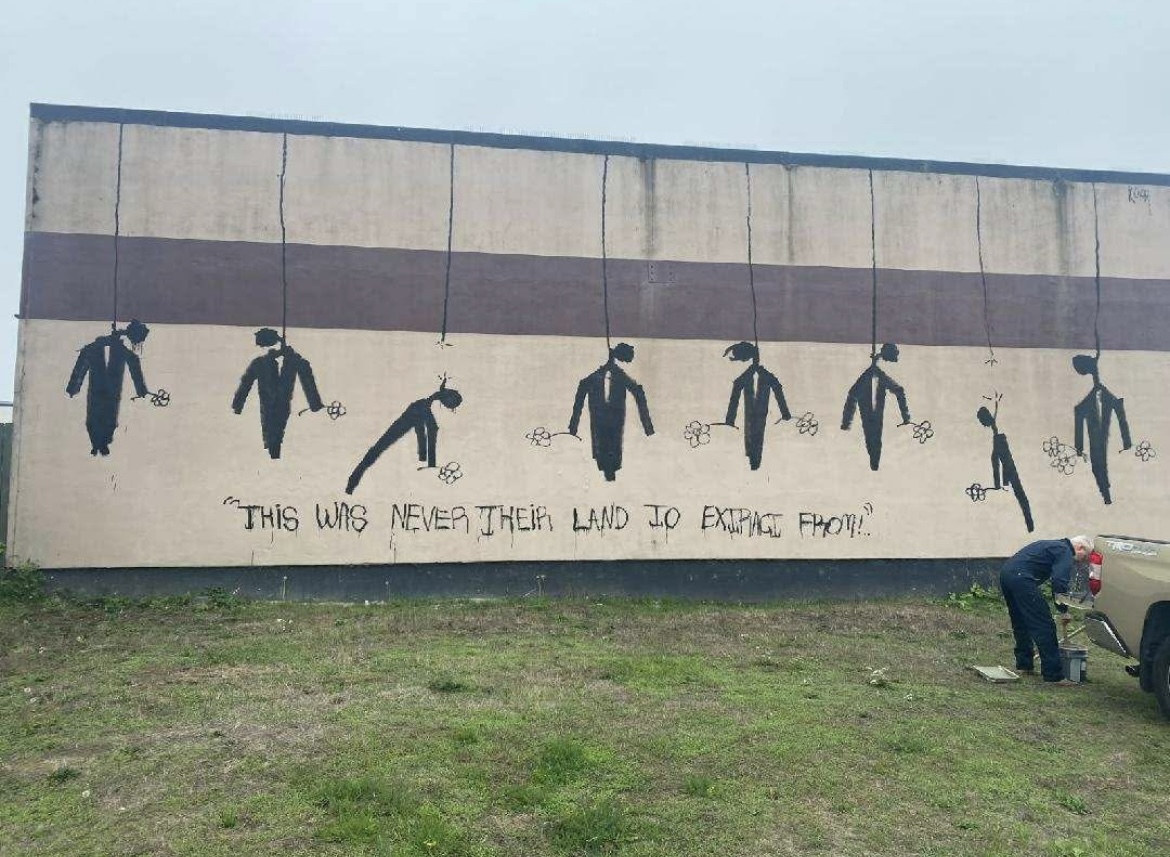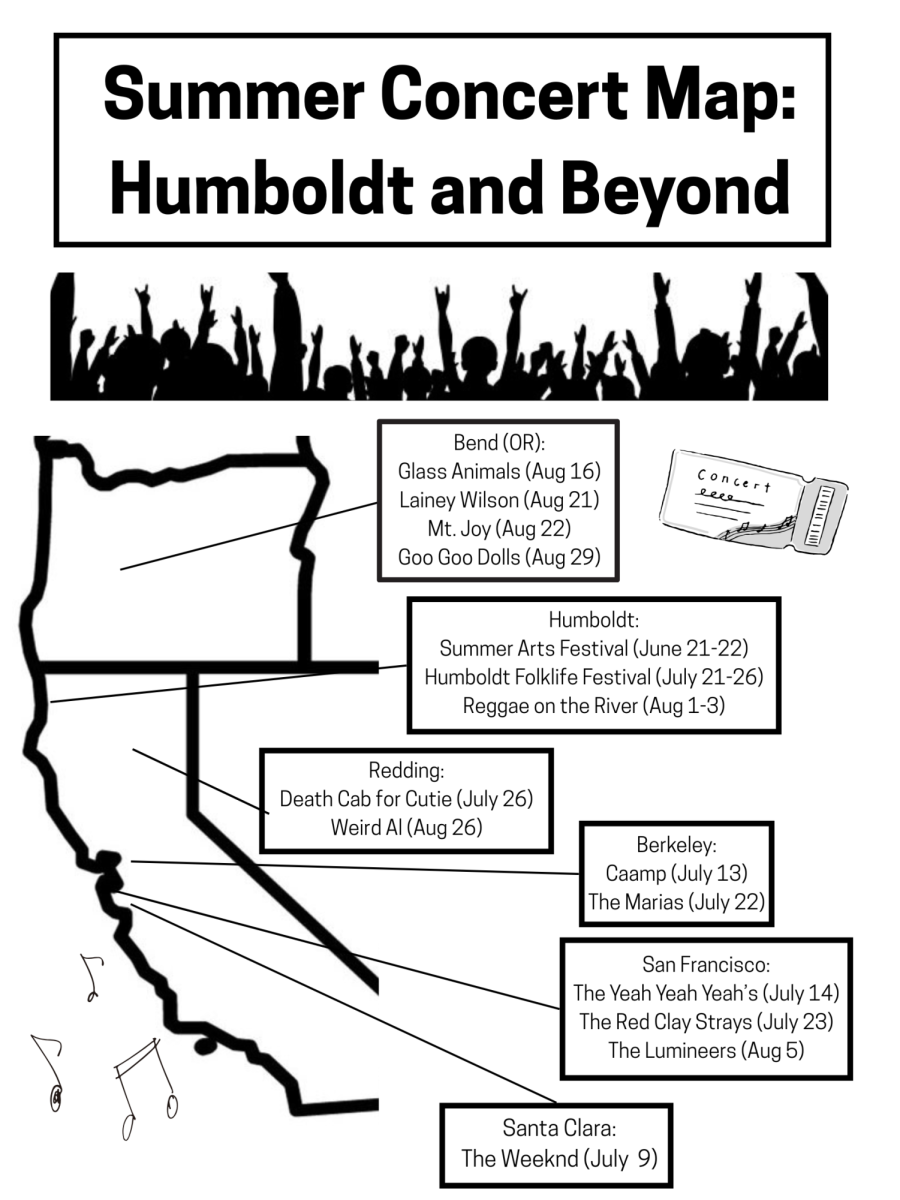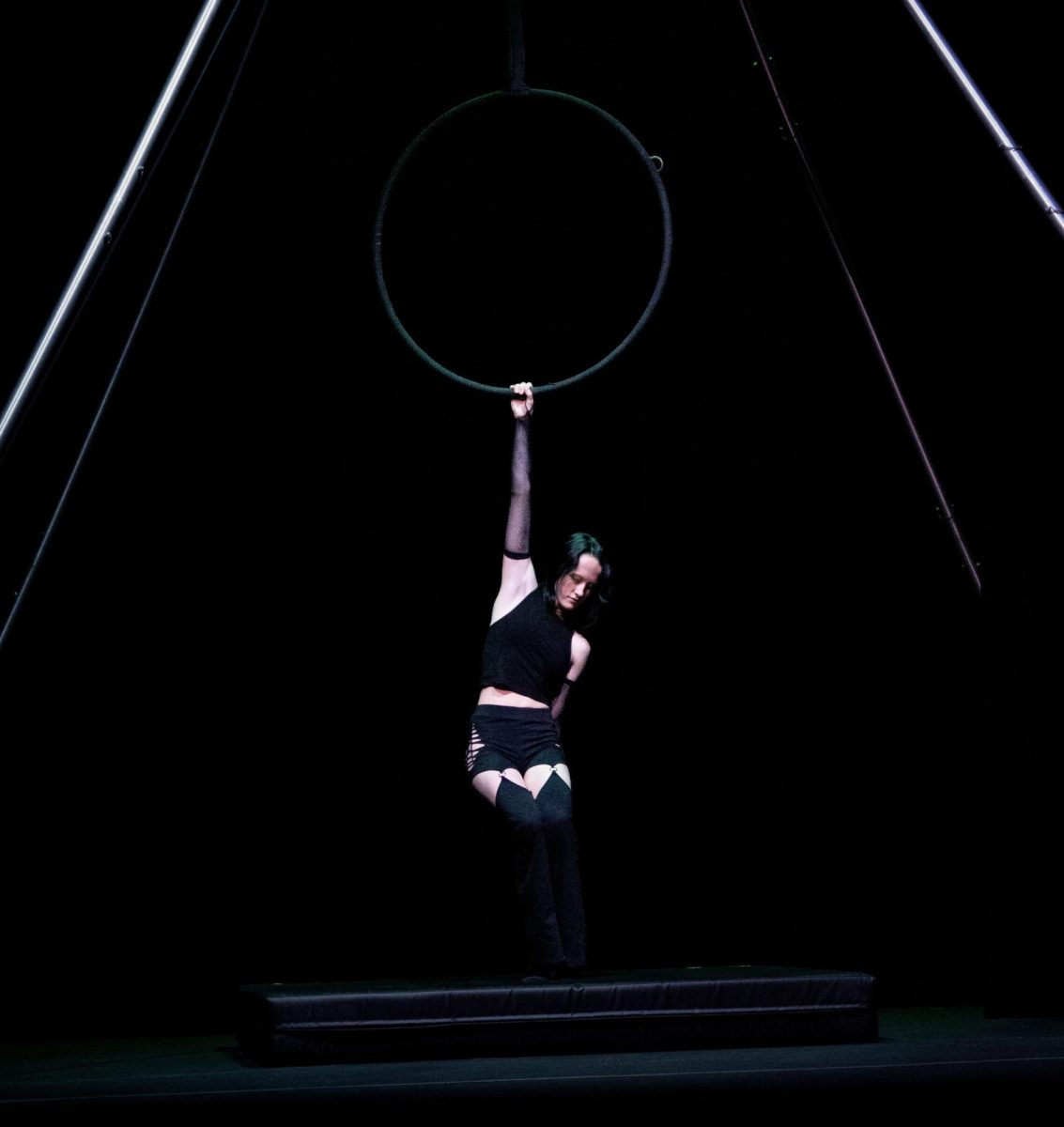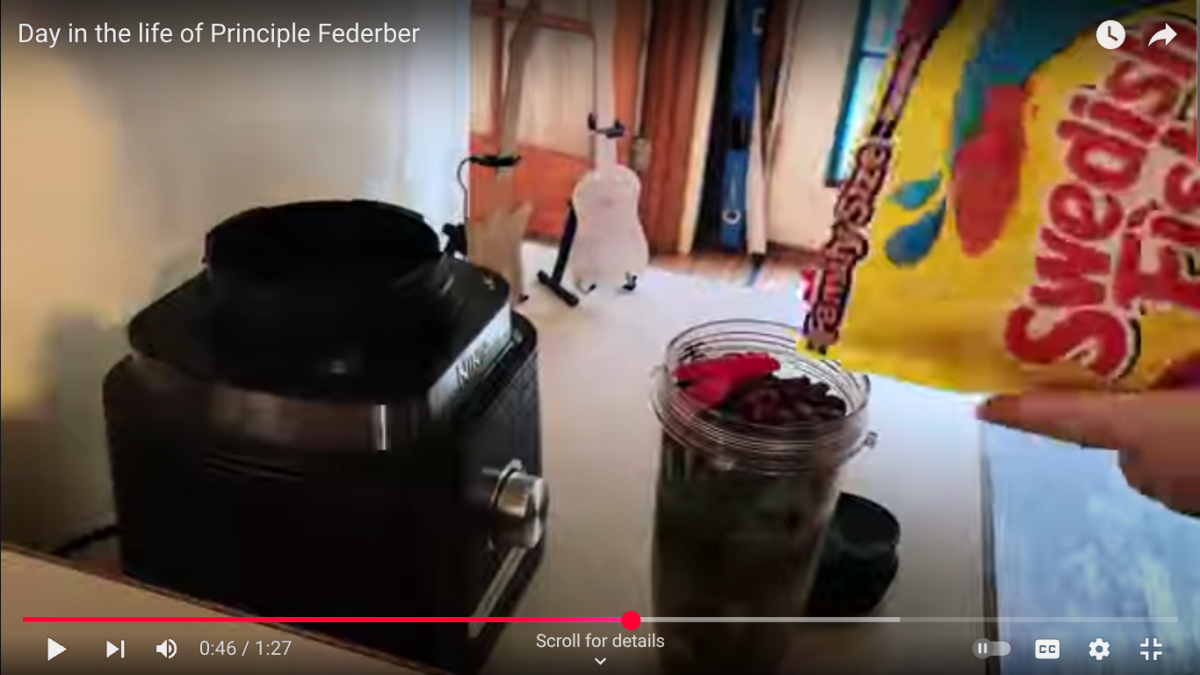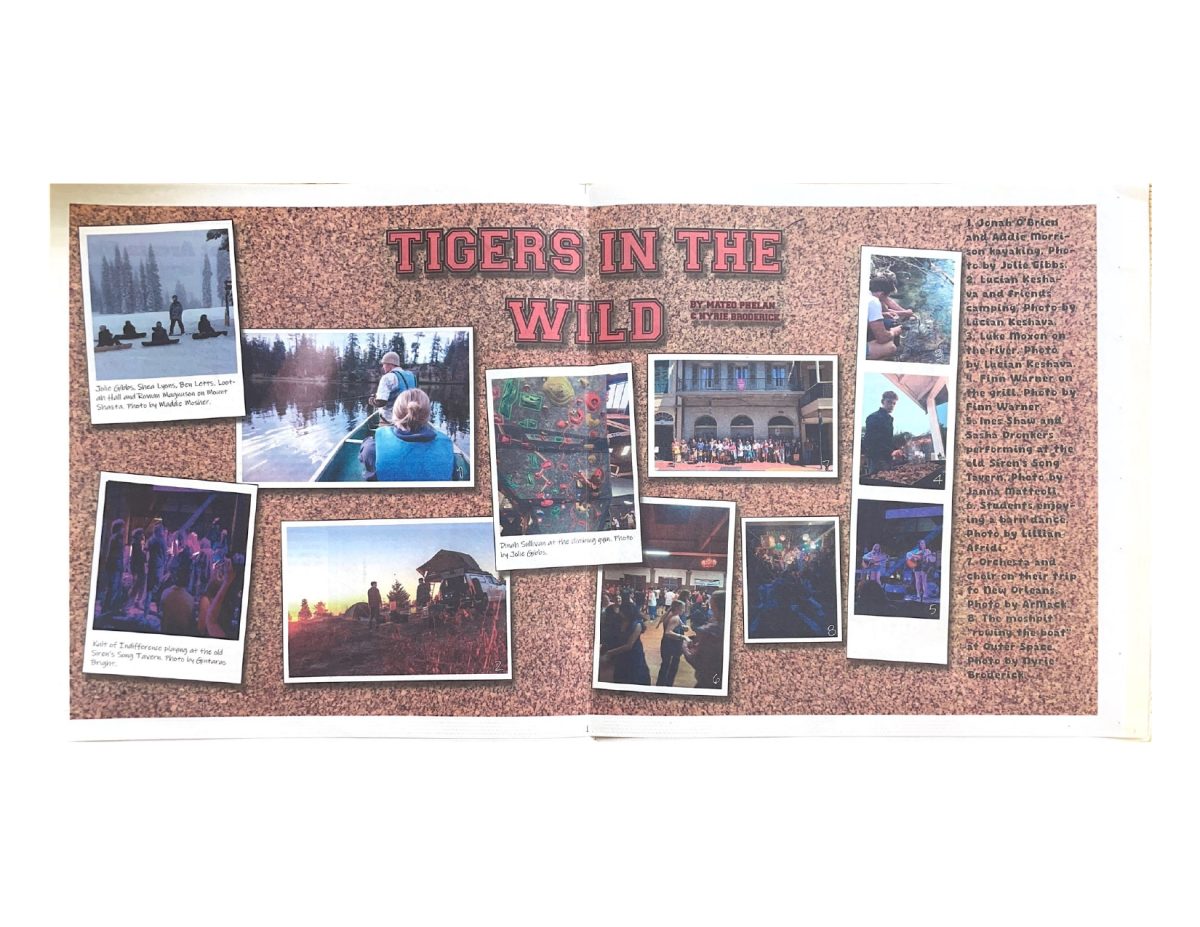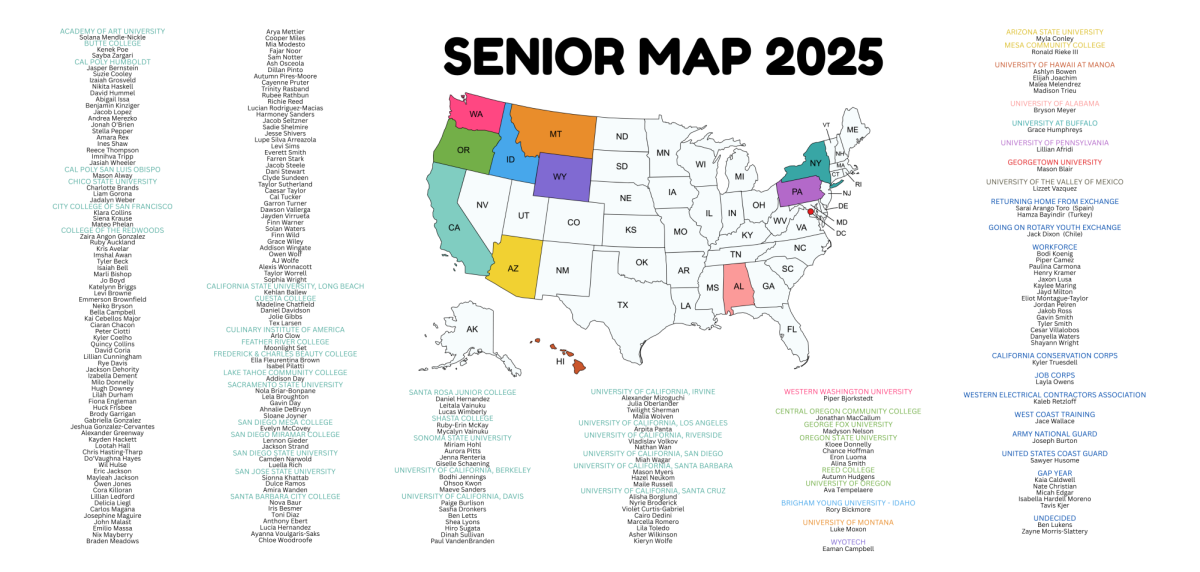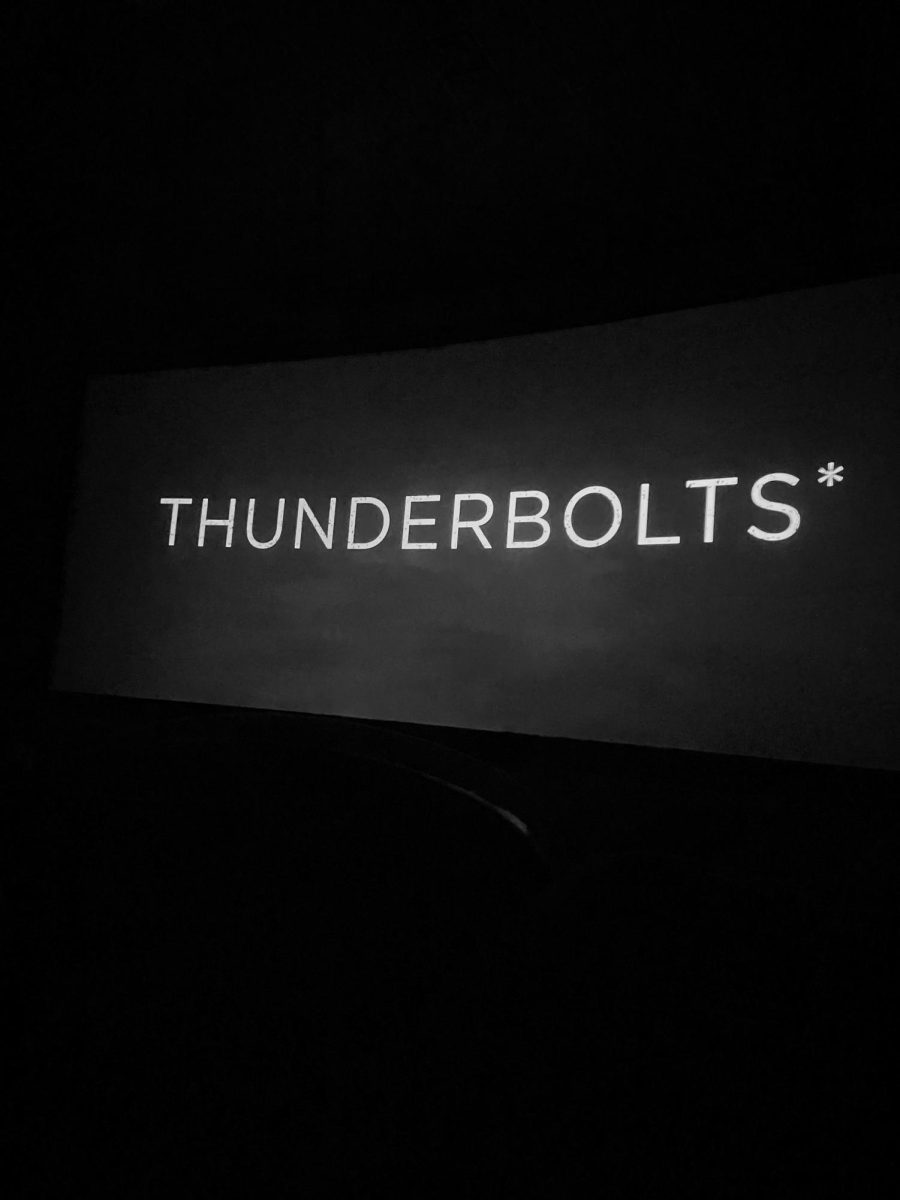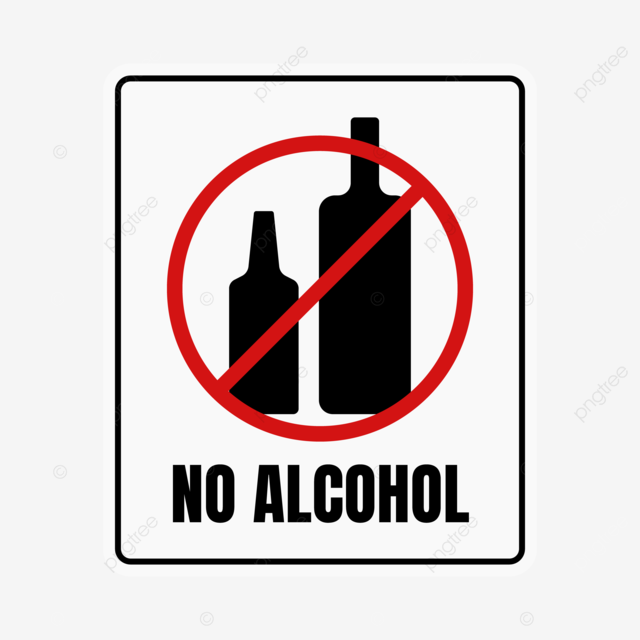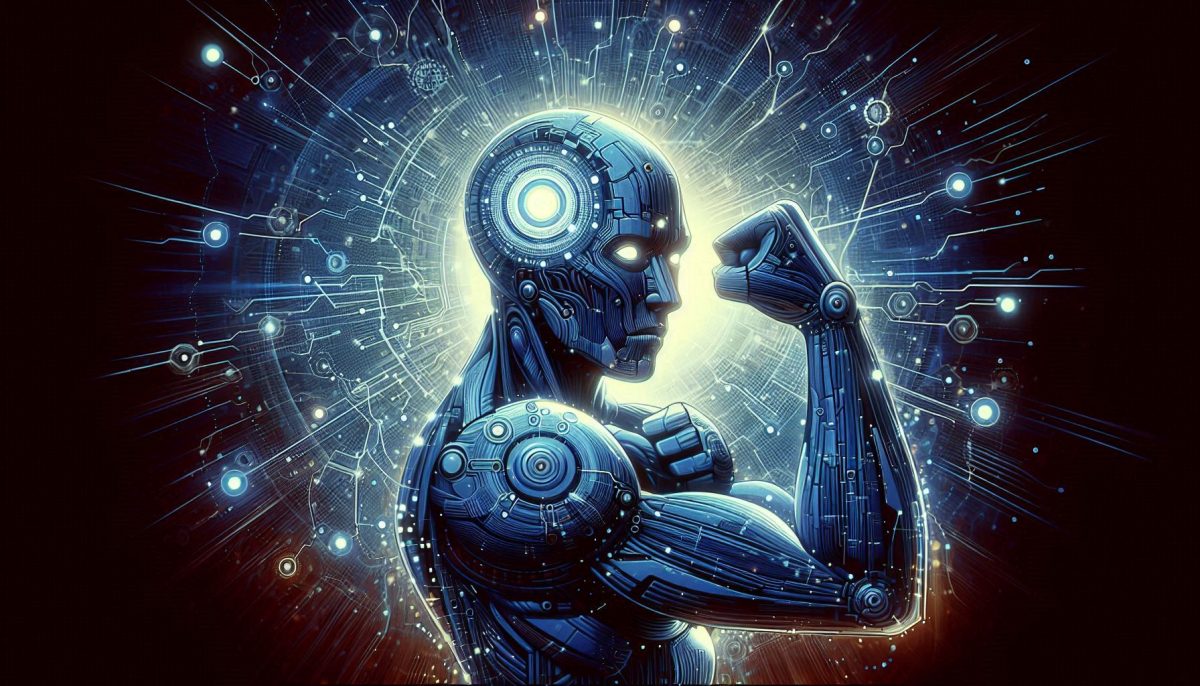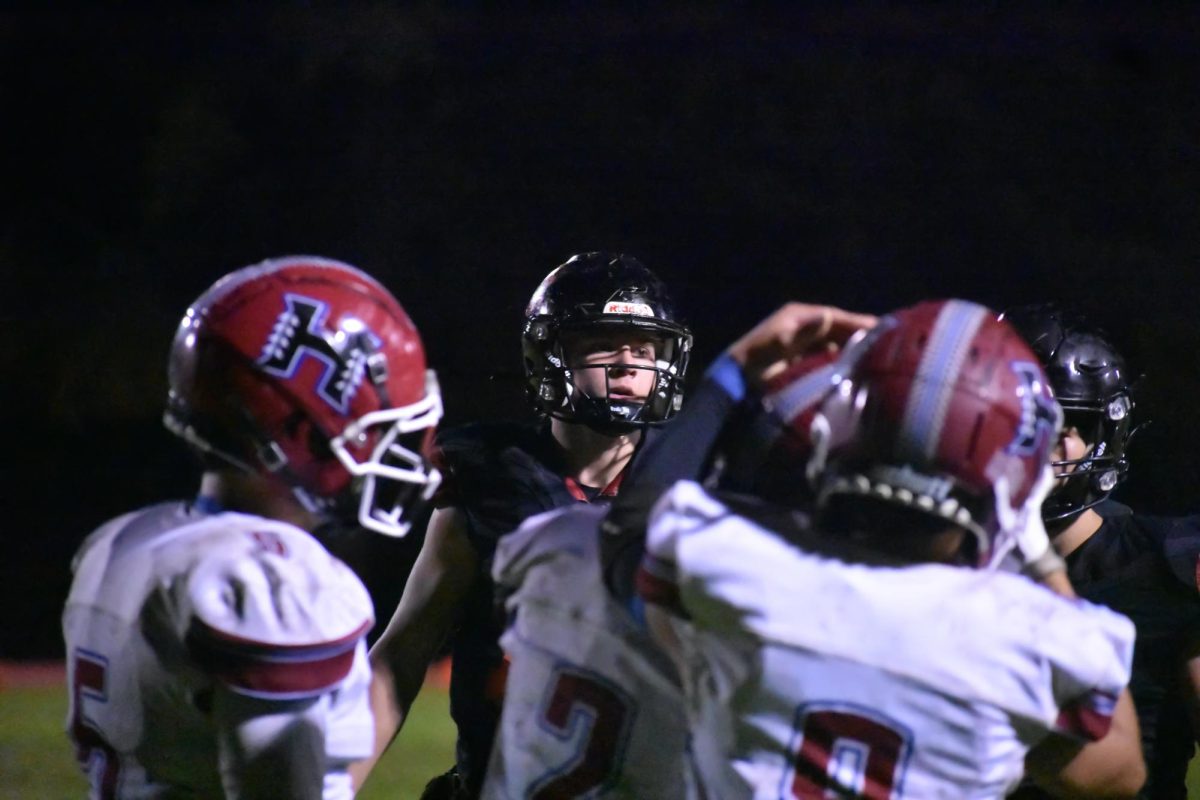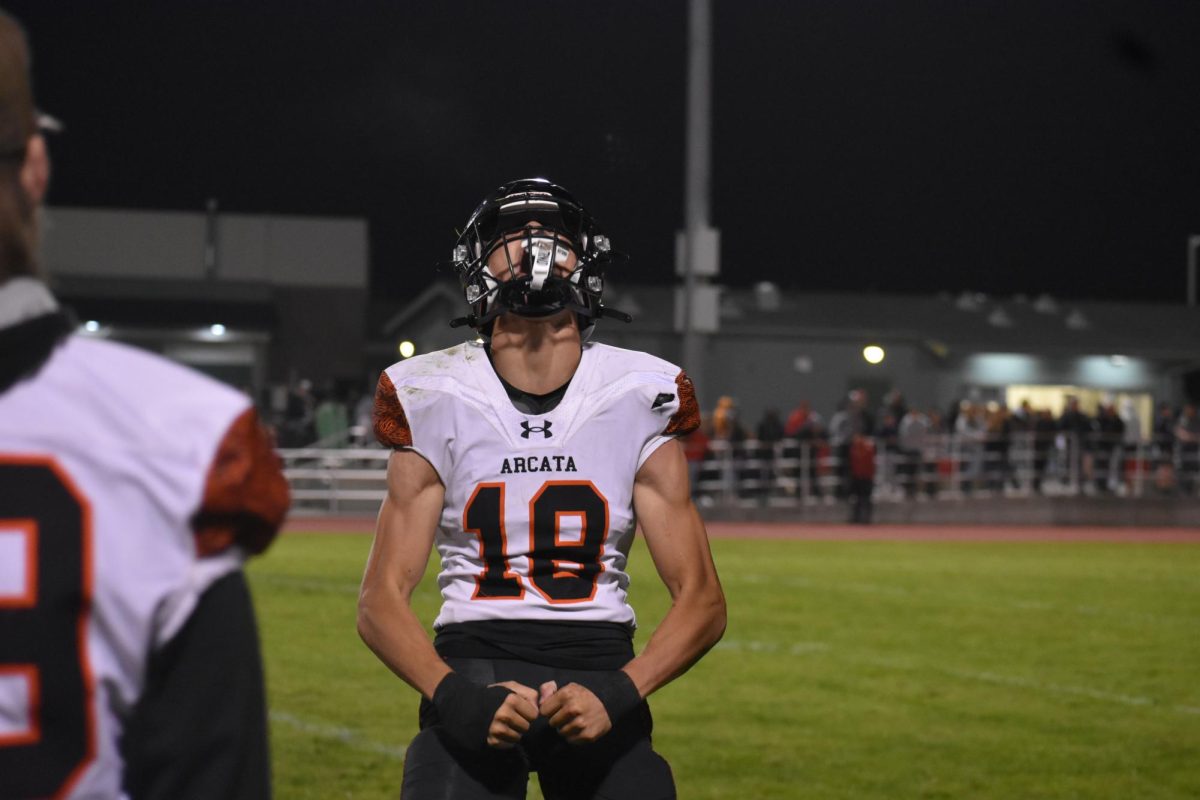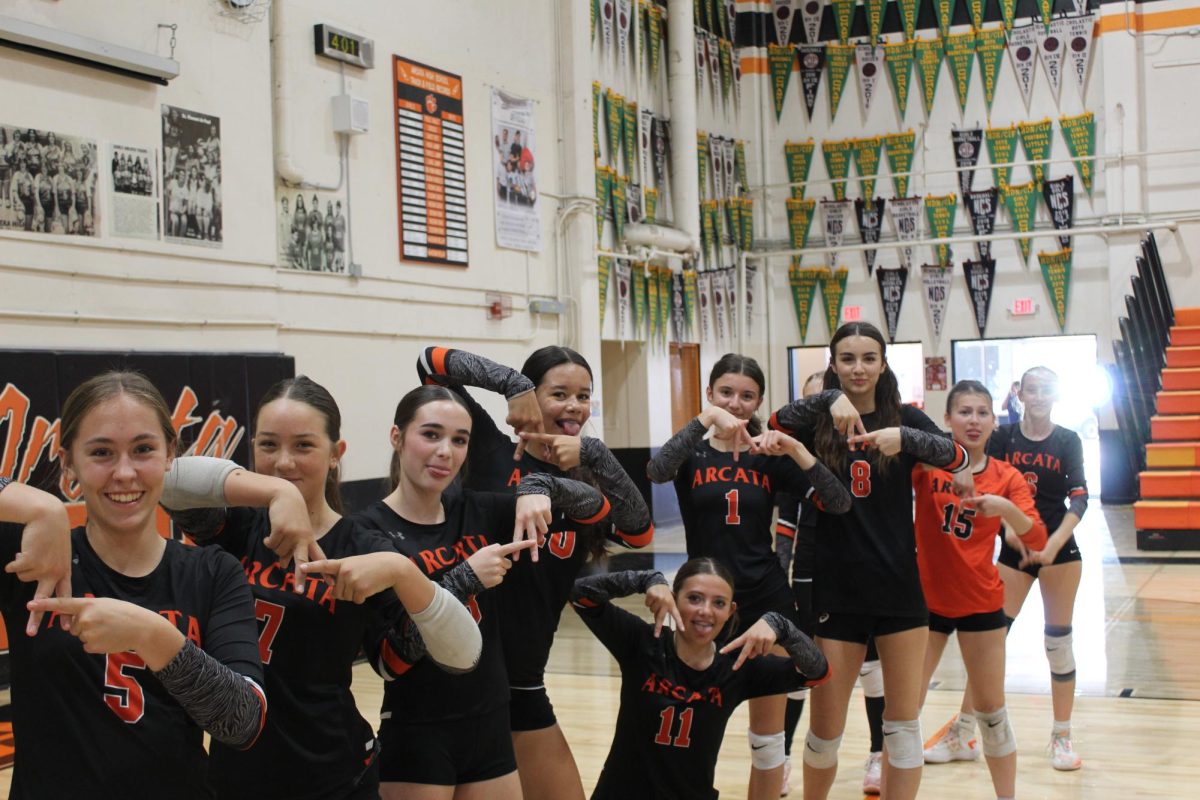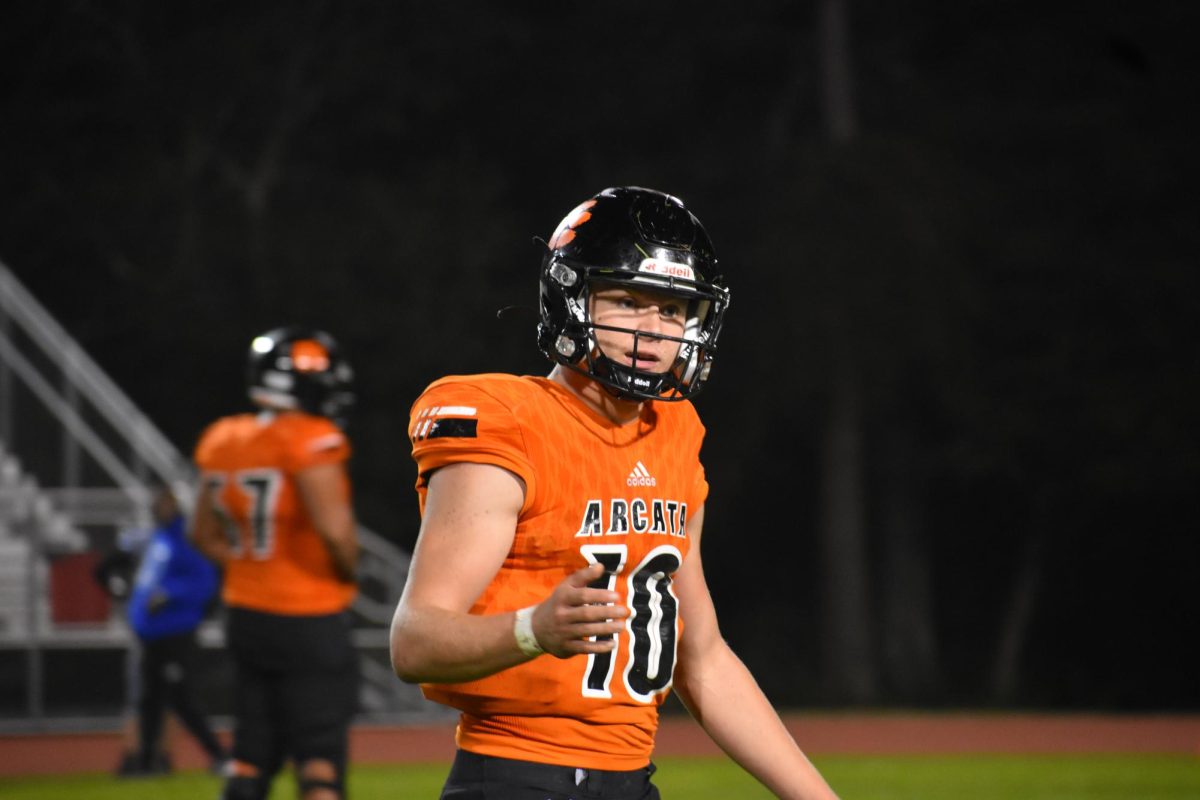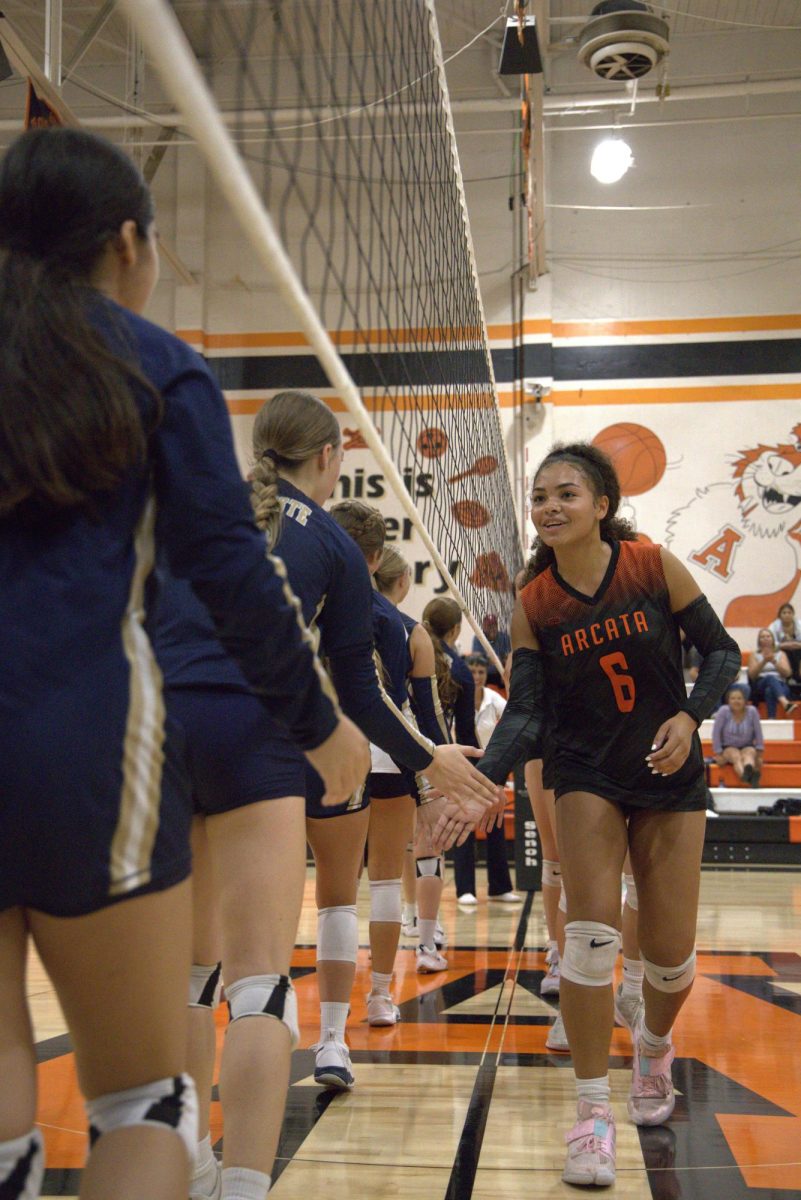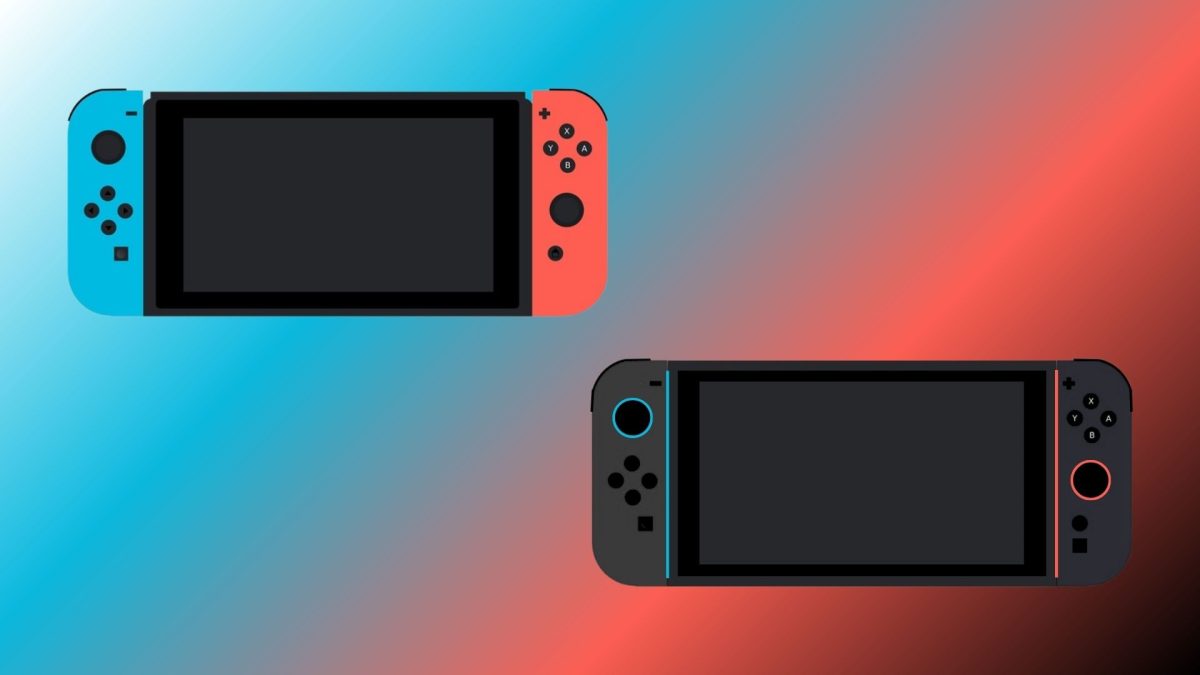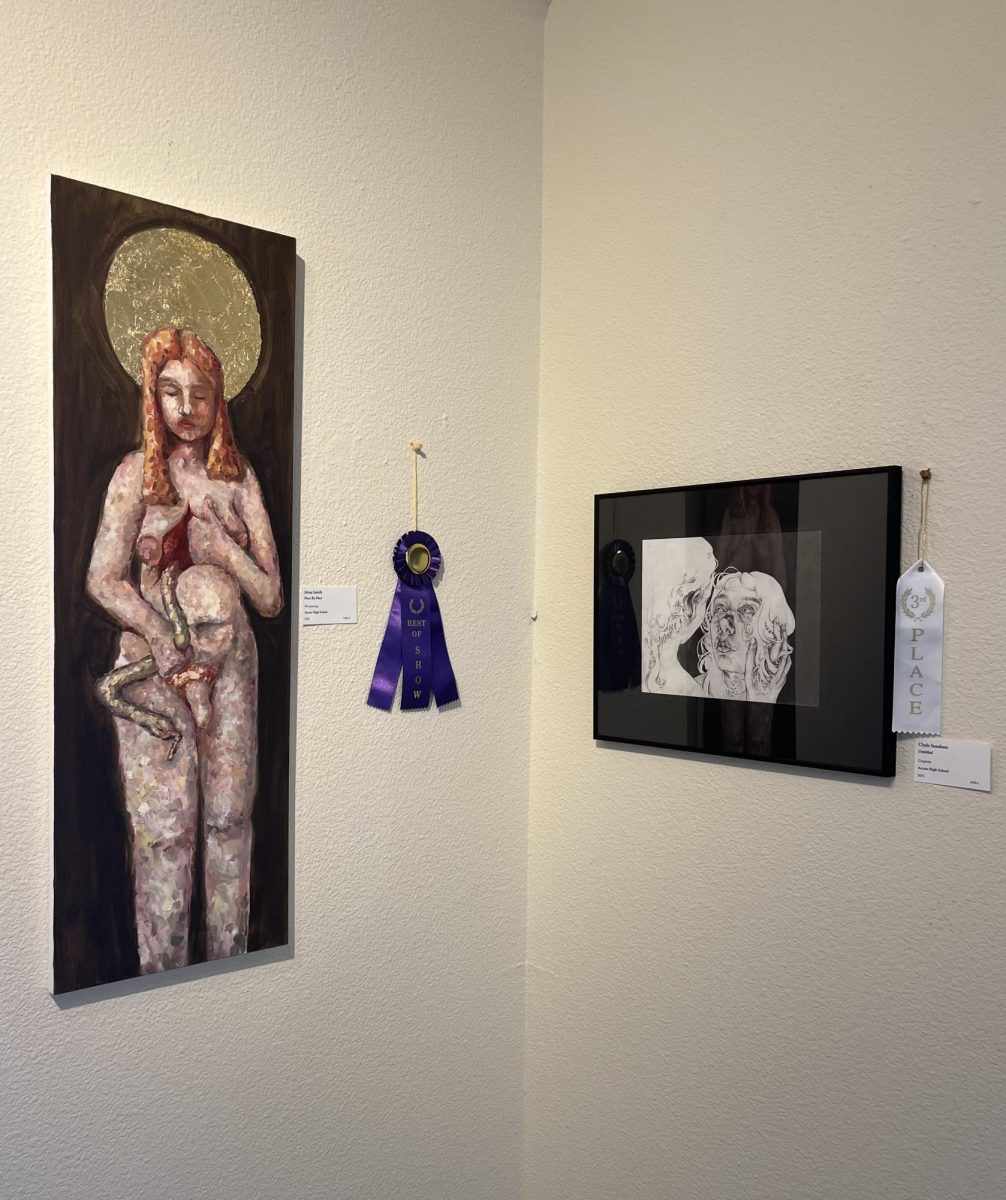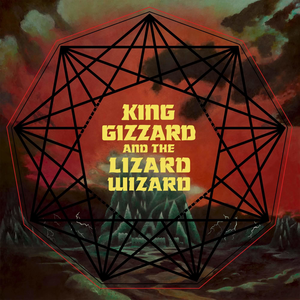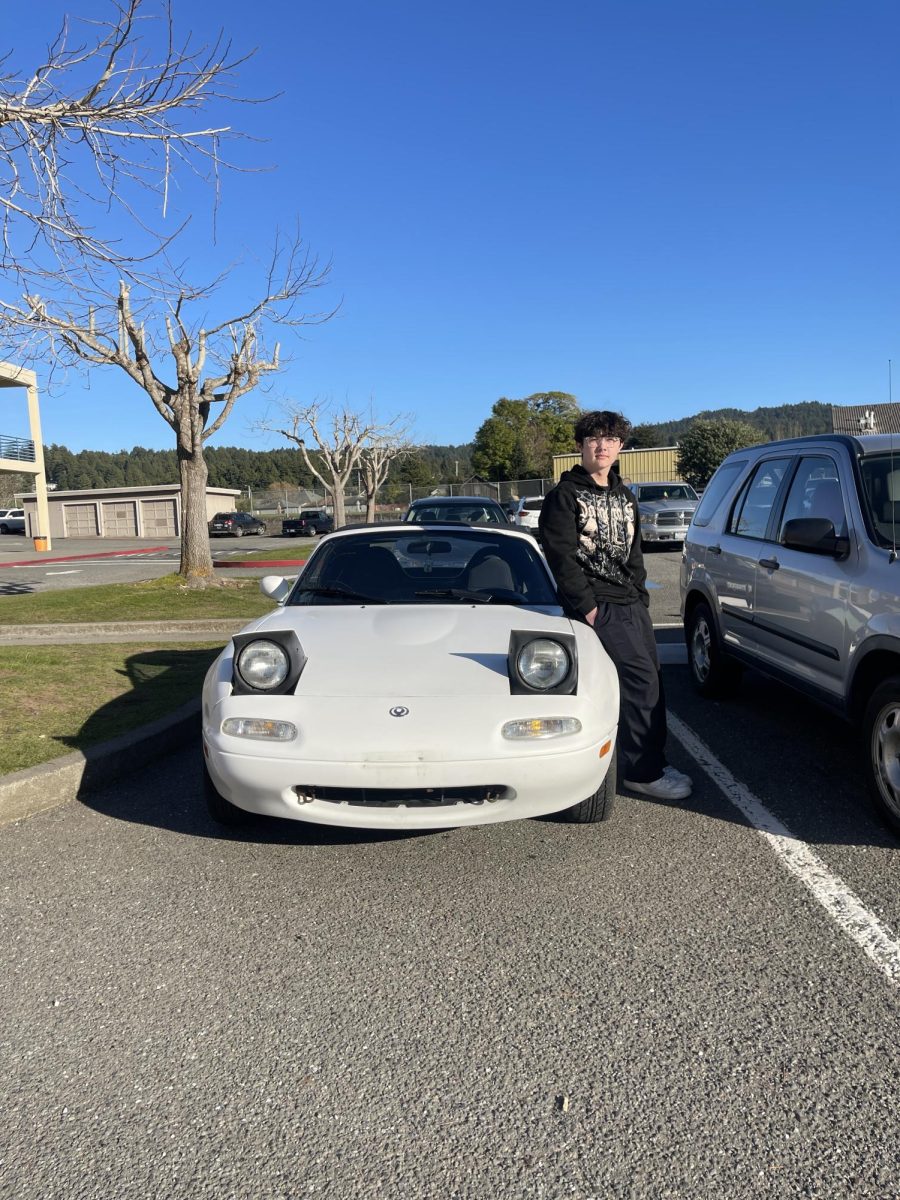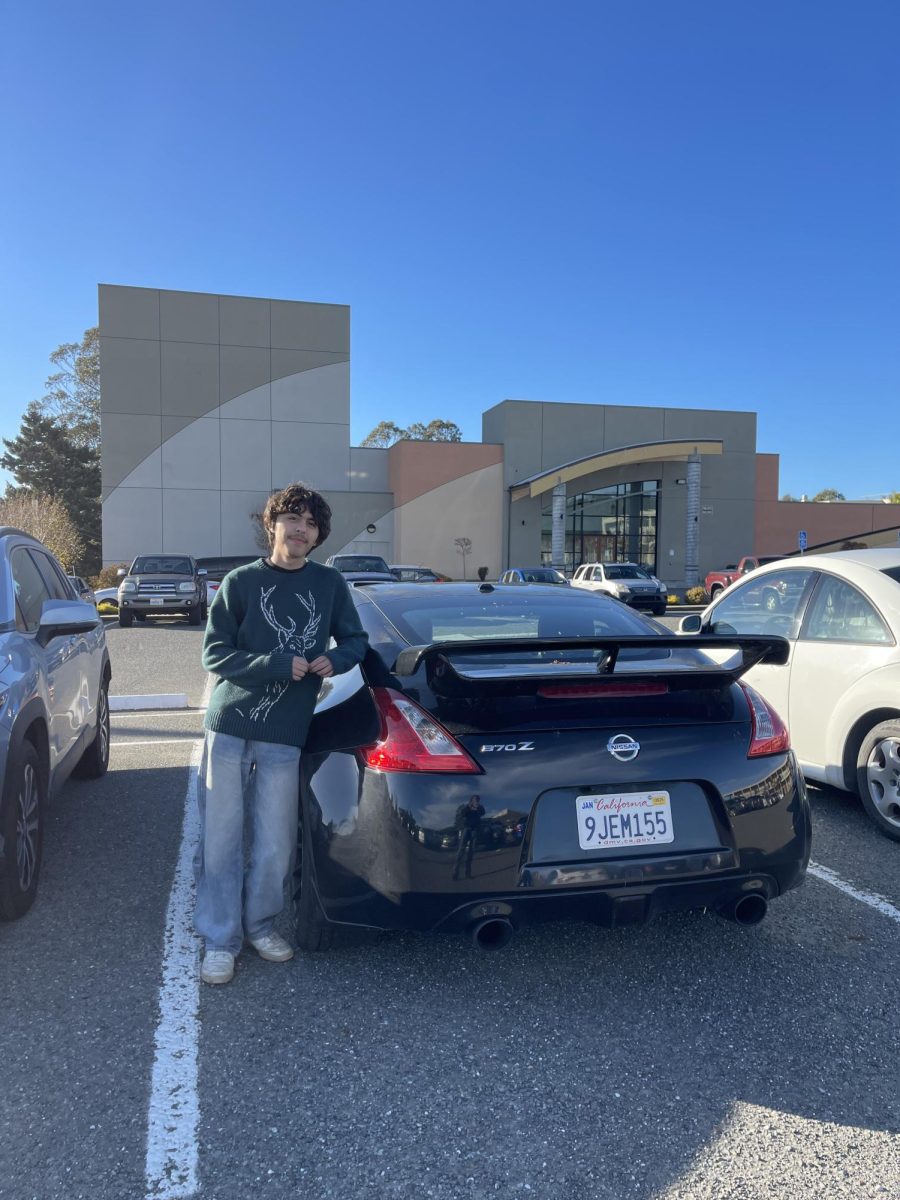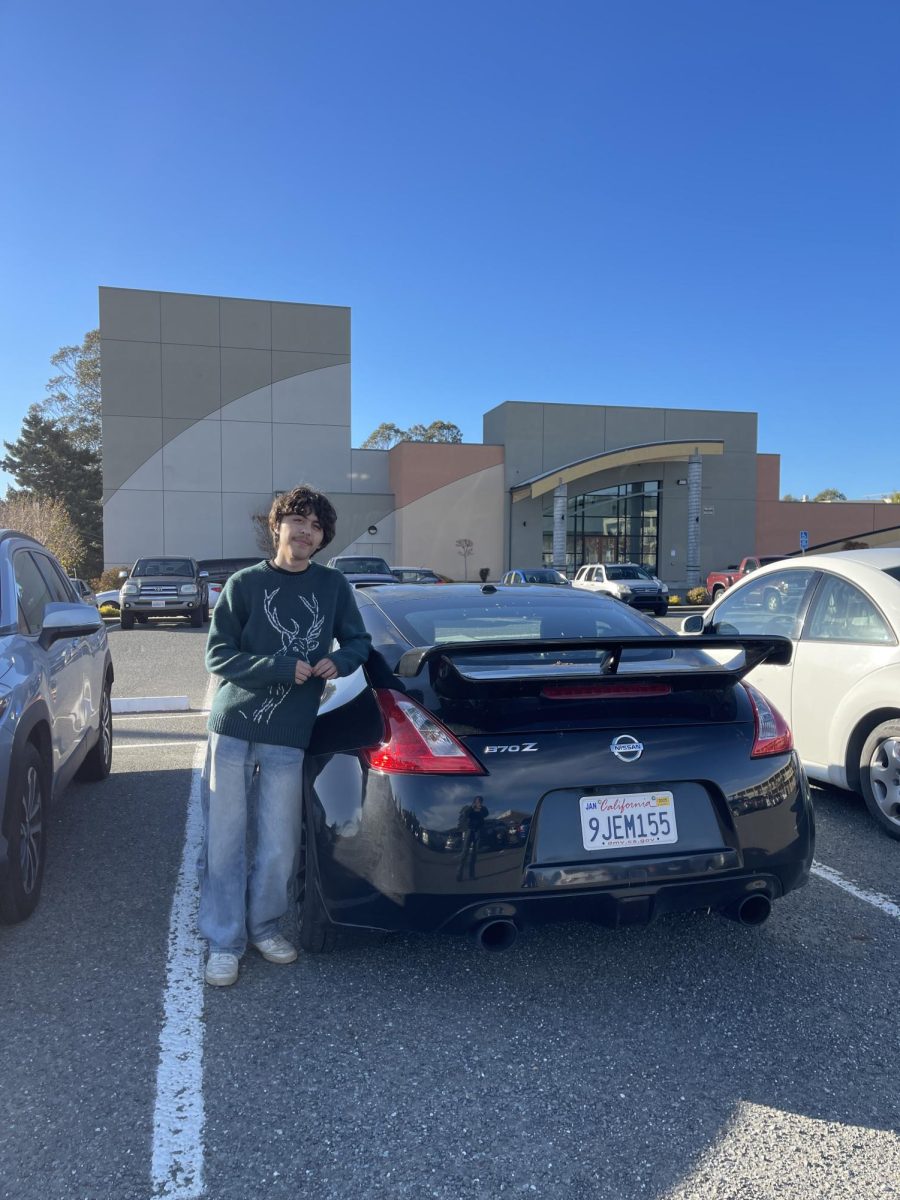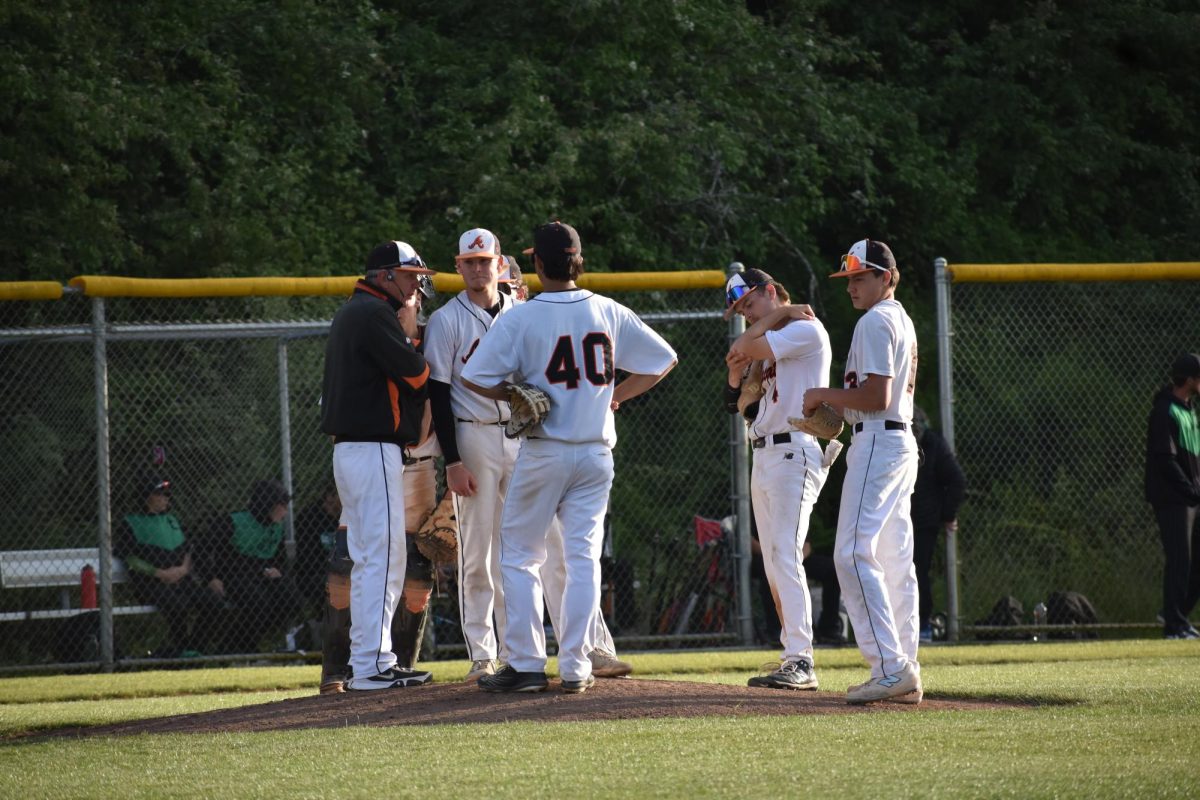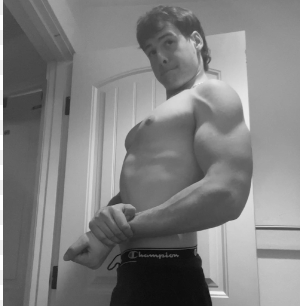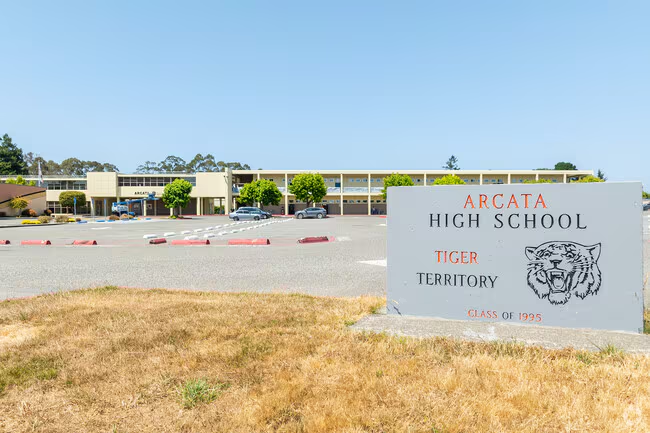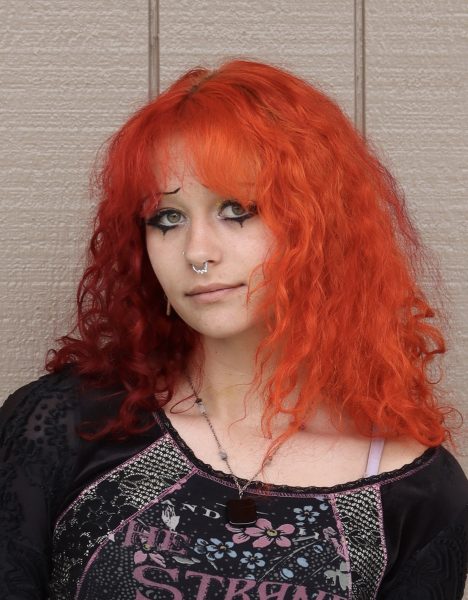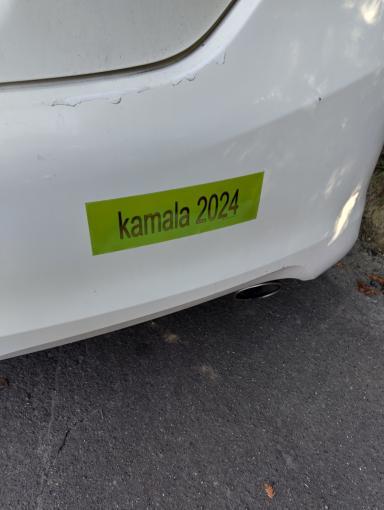
You may have noticed a revival of the party scene this summer whisking its way through your social media feed. It was nearly impossible to miss the contrast between the sparkly bright outfits thrown on over yesterday’s smeared mascara. Glitter, running tights, and an air of confidence that can only be embodied by a loud, lime green. This is “brat.”
Brat swept the world this summer, but what does that even mean?
“To me, brat summer means living the way God intended,” senior Taylor Worrell said. “Making money, hanging out with friends, wearing cute outfits. And don’t listen to the guys and the girls who are hating on you, because that’s not brat.”
Everyone could agree on the themes of fun, dancing, and a party lifestyle.
“All the girlies were feeling themselves,” senior Claudia Tramblie said. “It was really fun. I think it pushed people to be more confident.”
Senior Eaman Campbell attributes the popularity of Brat Summer to the “brat” album’s release at the start of June.
“When school got out,” Campbell said, “I feel like it was an incentive to be a little bit bad.”
This, going hand-in-hand with the album being pop singer CharliXCX’s first release in almost two years, created the perfect storm for a huge trend.
But not everyone was having a brat summer. One such student, who will be identified as “Batman,” has asked to remain anonymous. “CharliXCX is going to kill me,” they joked.
Batman’s first reaction to the album was, “It’s dog water. It’s disgusting. It’s not good. What is this?” They even theorized that CharliXCX must be an industry plant because they struggled to understand how her new album saw so much popularity.
But it seems like letting this hate roll off your back is a cornerstone of the brat trend. “Why wouldn’t you want to be a brat?” Worrell said. “You need to have the attitude that you are entitled to what you deserve because at our core we all just wanna be authentically us, and if that’s really annoying and in-your-face then that’s how it is. That’s brat.”
But maybe Batman and others like them will come around to the trend as it wraps itself up. Many self-proclaimed “brats” started out sharing their stance.
“I was a hater of it in the beginning because I didn’t really understand it,” Worrell said. “But confusion comes with fear and denial, and I fall to that. I will say that “brat,” with the music, is bringing back girly-pop music and not being afraid to be annoying. Like Kesha, Ayesha Erotica, and The Black Eyed Peas. I think it’s bringing back being overtly feminine and not being apologetic for it.”
Brat reached so much further than anyone could have imagined. So far Vice President Kamala Harris incorporated it as a part of her campaign.
It began when CharliXCX tweeted “Kamala IS brat,” which Harris’s official campaign account on X, formerly “Twitter” reposted. The account immediately changed its profile to feature the words “kamalahq” typed hastily atop the iconic lime green background. The internet took off with it, editing videos of her to songs off the “brat” album and using AI to create videos of her doing popular dances. Her official account reposted many of these memes, spreading them worldwide.
“Honestly, I support it,” Batman says. “I think it’s a really good tactic. It’s so annoying, but it’s smart.”
“It’s smart,” Worrell says. “If you can hop on something to reach a younger audience then good. I mean, if [Donald Trump] was hitting the Griddy, he would probably get more votes. Instead, he got Bryce Hall from TikTok Sway House, and I just don’t think that’s it.”
Despite being a fan of a brat, Campbell highlights the danger of allowing pop culture to drive politics. “When I heard interviews on college campuses of people saying that they’re voting for Kamala because ‘she’s so brat,’ and I was thinking ‘[CharliXCX] isn’t even American.’ I don’t think that foreign bodies, like individuals or anything, should have influence over our politics. Especially people who are rich and famous. They don’t understand the things that people are voting for.”
“I don’t know how I feel about equating an album about partying to something as serious as this election,” Campbell said. “Especially since it’s supposed to reach the younger voting demographic. You have people voting for her because ‘she’s a brat’ when that isn’t really an educated approach.”
Whether you’ve embraced the glitter or remain skeptical of it all, this move reflects a broader shift in how politics are continuing to intersect with pop culture. We’ve found ourselves in a place where vibrant aesthetics and upbeat music can make or break the vote, and it’s clear that the landscape of political engagement is evolving – forcing our youngest demographic of voters to navigate the balance between substance and spectacle like never before.

